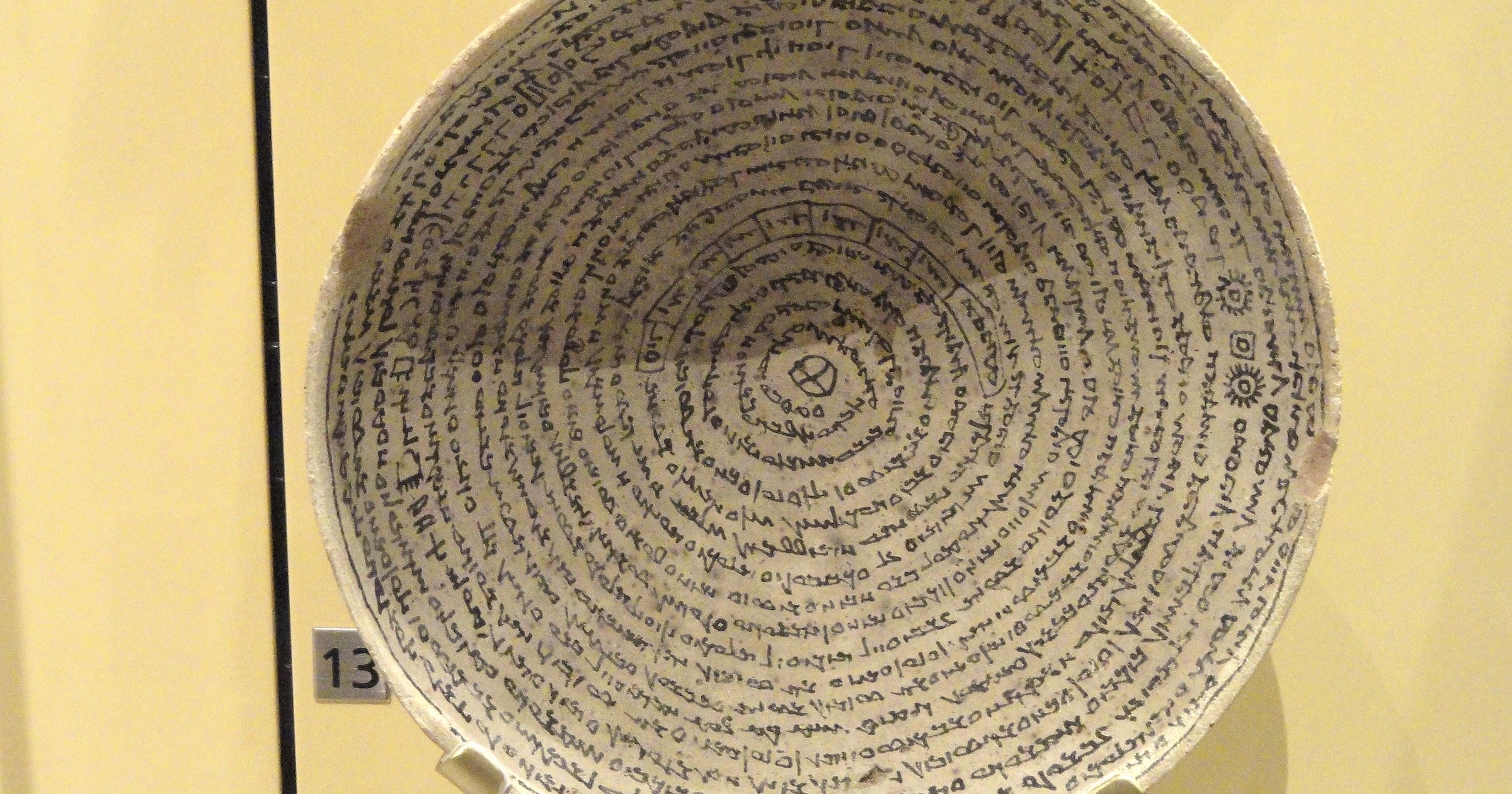 Faith & Science
Faith & Science
West: Theistic Evolution and the Gnostic Heresy

John West gave a very interesting talk recently on “The Debate Over Design in the Early Church.” It’s up on YouTube now. He covers history and a lot more, starting with a puzzle: Why do some committed Christians today reject the idea of nature’s furnishing scientific evidence of intelligent design? And, I would add, why do some Jews reject it, too? My oldest daughter is starting college at a Jewish university, taking biology in her first semester. I’m going to be curious to hear what she’s told on the subject.
A Natural for Theists?
Friendliness to a design perspective might seem to be natural for any theist. Yet a prickly disdain for ID is strangely common, especially among religious academics. Why? Dr. West, who is a political scientist and Discovery Institute’s Vice President, casts light on the mystery by reviewing the uncanny parallels between debates about design that went on in the first centuries AD and beyond, and those that are ongoing today.
In ancient times, Christians and Jews faced off against Greco-Roman materialists, on one hand, and believers in the Gnostic heresy, on the other. The materialists, such as the poet Lucretius, anticipated evolutionary thinking and sound remarkably like atheist biologist Richard Dawkins. The Gnostics are fascinating in that, while identifying as Christians or Jews, they rejected the goodness of creation and embraced a belief that the entity responsible for creating life, and all else, was not God but a “Demiurge,” a force that is amoral or worse. Christians in the Early Church (and Jews in the Talmud) critiqued Gnosticism. The conflict informs the first chapter of the Gospel of John, among other important texts.
What Does This Sound Like?
Does it remind you of anything in the present? Gnosticism as such survives today only in the Mandaean sect. But West points to current arguments about intelligent design, where theistic evolutionists assume a Gnostic frame of mind: they attribute the creativity behind life to an amoral force — Darwinian evolution, which is today’s Demiurge. Or at best, they endorse a toothless “intelligent design” where scientific evidence of design is entirely lacking. That, in effect, concedes the debate to atheist materialists.
As West concludes, the idea that how we come down on the issue makes no difference in our culture (as some claim) is transparently ludicrous. He has covered some of this material in detail in two chapters in the book God and Evolution, edited by Jay Richards. This is a terrific lecture, presented at the recent Westminster Conference on Science and Faith.
